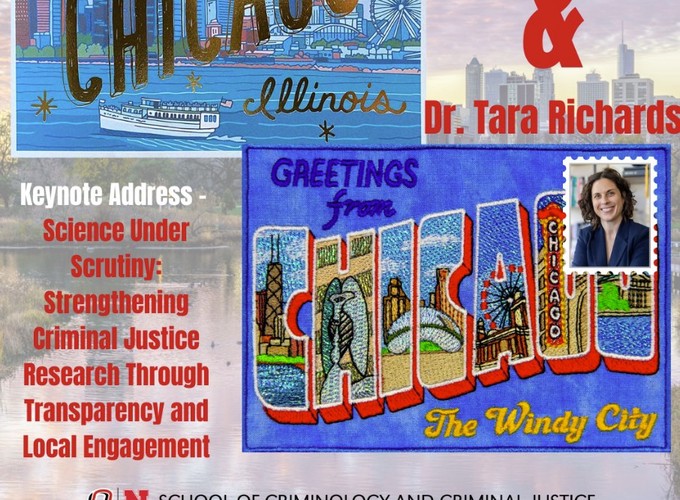Science under scrutiny: Strengthening criminal justice research through transparency and local engagement

Science under scrutiny: Strengthening criminal justice research through transparency and local engagement
Abstract
Criminal justice research is unfolding in a moment of uncertainty: universities are facing political scrutiny, federal funding streams remain unstable, and public trust in science is increasingly fragile. At the same time, partnerships with local agencies highlight both the promise and the complexity of conducting applied work that directly informs practice. Drawing on our experiences as mid-career scholars collaborating with agencies in Nebraska and across the United States, we reflect on the opportunities for and obstacles to producing research that is locally responsive yet methodologically rigorous. We argue that the field must now move beyond discussion to action by embracing open science practices—transparent articulation of assumptions and hypotheses, clear documentation of data-generating processes, and sharing of data and code whenever possible. These practices not only strengthen research credibility and safeguard against the erosion of federal data resources but also build trust with practitioners and communities. In an era when the legitimacy of science itself is contested, transparency and local engagement are not simply best practices—they are essential for ensuring the future resilience and relevance of criminal justice research.
Tara and I were recently had the honor of delivering the keynote address at the 2025 meeting of the Midwestern Criminal Justice Association in Chicago, IL.